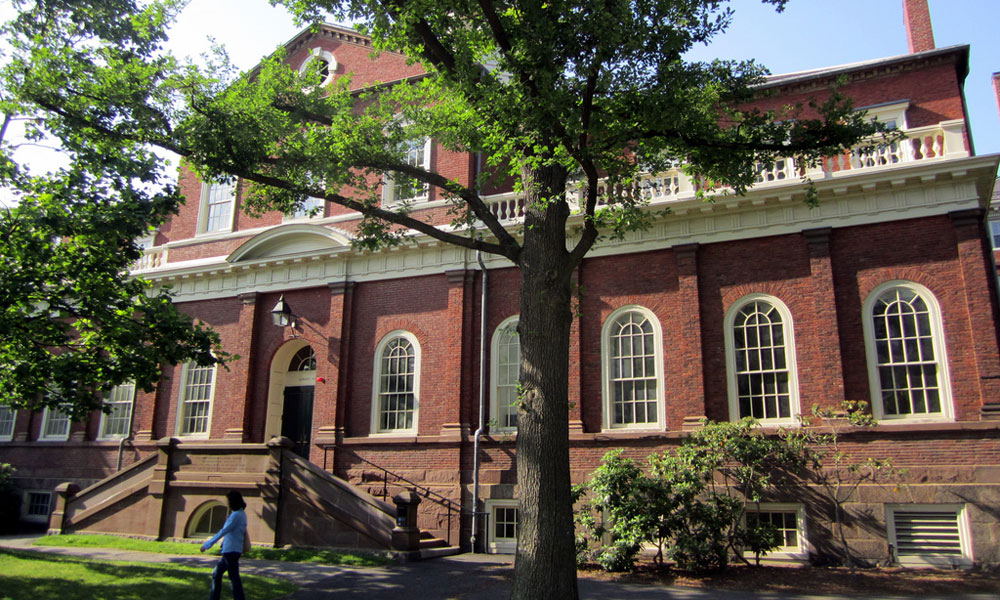
Lessons From a Harvard University Media Leak
Last year, a cheating scandal ripped through the school, and after some leaks of confidential information hit the press, the university started looking through emails sent by their deans. After the press uncovered the snooping, here's how the university responded.
When you find yourself facing a media leak, the goal might be to plug it.
In the wake of the news, many privacy advocates—both on and off campus—expressed concern regarding the university’s actions.
But in the case of Harvard University, it caused an even bigger problem than the initial leak itself. Here’s how the university dealt with the situation, and what your association could learn from this:
The situation: Last fall, the university was struggling with an “unprecedented” cheating scandal involving a large number of students. When a confidential message regarding the scandal reached The Harvard Crimson, the university’s administrative staff ordered a search of the email accounts of 16 resident deans in an effort to find the source of the leak. While the dean who sent the message did not directly leak the message to the press, this person did forward it to a source who did. On Sunday, the news of the email inspections first hit The Boston Globe, which noted that rights to privacy are protected by a Faculty of Arts and Sciences policy.
The reaction: In the wake of the news, many privacy advocates—both on and off campus—expressed concern regarding the university’s actions. “Harvard had a very good policy for email privacy,” the Electronic Privacy Information Center’s Marc Rotenberg explained to Bloomberg Businessweek. “Intellectual freedom is critical to the university community. So, the news that administrators searched the email accounts of deans to try to uncover communications with journalists is both surprising and unsettling.”
The explanation: On Monday, the university explained why it took the actions it did. The university explained that it suggested that there was a fear that more information beyond the initial leak got out. “While the specific document made public may be deemed by some as not particularly consequential, the disclosure of the document and nearly word-for-word disclosure of a confidential board conversation led to concerns that other information—especially student information we have a duty to protect as private—was at risk,” a statement from the university said. The school also noted that the search used was very specific and limited to queries of subject lines for the resident deans—a move only considered after consulting lawyers. The messages were not opened.
Ultimately, the university emphasized that its actions were taken with extreme care and focused very closely on privacy. “We hope the fuller account of the actions in this instance make abundantly clear how high a bar we have, and will always have, for any review of email (or, in this case, even email metadata) and how carefully we construct searches when the need in situations such as this does arise, which is extremely rare,” the university wrote.
When dealing with a media leak, how can you be sure to keep in mind the privacy of your members and leaders so that if such a situation arises, it doesn’t have to reach this point? Let us know your thoughts.
(photo by wallyg/Flickr)






Comments